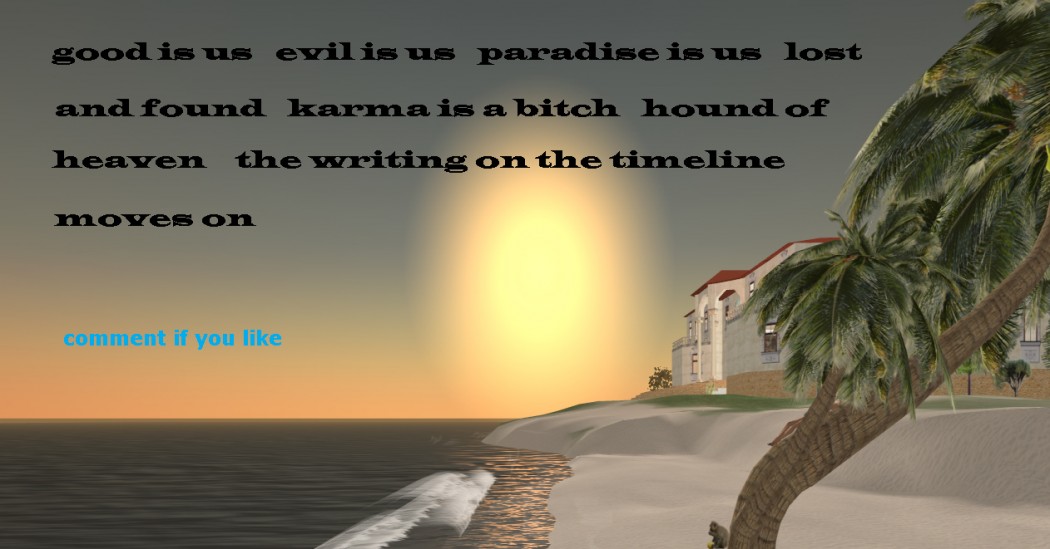There are only three of us taking this elective course on the Meaning of History. Everyone sits in the front row.
Dr. Verschieden holds two doctorates from European universities, one in philosophy and one in psychology.
He takes us on excavations into the old edifices built by Kant, Fichte, Hegel, Marx, and other creators of ambitious projects.
Dr. Verschieden shows no bias. He is a thorough and impartial scholar. He reminds us that great philosophers are not wrong when describing what they know, even when they disagree with one another. Otherwise, they would not be universally considered great.
The great ones trip and fall when they build castles in the air and ladders to Utopia, creating systems that exclude everything they don’t know that they don’t know.
But what amazing, mind-stretching leaps of the imagination! Maybe there should be a warning not to try this at home.
Still, these speculations should be read, if only for the adventure. And there is always the chance of knocking loose one brick, then another, and the thrill of watching them free fall in space.
Our class discussions are so animated that often, after we are kicked out by the incoming class, Dr. Verschieden carries on the conversation with us in the students’ cafeteria, or outdoors in the sunshine.
It is one of my last days on campus. Dr. Verschieden invites me to lunch at a local eatery. He knows that I am leaving.
Just before we are ready to go, he says, without a trace of emotion, I think that I am in love with you.
What? I am struck dumb.
But I don’t see why, he continues, not making eye contact. After all, you have only a few nice features. Your eyes. Your skin. Maybe your hair, although you don’t wear your hair in an attractive way. But then, you’re an artist, you don’t care.
Artist? Did he look at the transcript from my freshman year at Edgecliff College? They had given me a four-year scholarship after seeing an exhibit of my paintings at Gabriel House. I felt obliged to major in art, although I do not think of myself as an artist.
I know him well enough to see that he means “artist” to be a mild put-down. Like using the word “mystical” when someone is not expressing an idea clearly.
After all, he concludes, you are no femme fatale.
I am still speechless. There was nothing whatsoever in our relationship that even hinted at anything like this.
Until today, I took for granted that I was just another philosophy student, not either a male or a female.
Dr. Verschieden is not quite done. You did not do well in your final exam, he says. You answered the wrong question.
The wrong question? What happened to “first-rate mind”? Okay, sudden brain fog can sometimes creep in on little cats’ feet.
I couldn’t give you your usual grade. I gave you a B.
I guess a reputation for being smart still counts. Anyone (else) who doesn’t even understand the question would not get a B.
Throughout his monologue I don’t say a word.
We rise from the table. I thank him for the lunch, say goodbye as though nothing extraordinary has happened, and go on my way.
I refuse to give up the memory of that skilled scholar with his wry sense of humor, the fatherly learned man who so often found time to join our raucous students’ discussions.
The man I met today is a total stranger. I will put him out of my mind, that’s all.
Less than a year later, when I have transformed myself in New York, I send Jordyn a glossy 8 by 10 femme fatale photo of myself. Show this to Dr. Verschieden, I write.
Jordyn has no idea what has gotten into me, since I told no one about this incident. She does not show him the photo. Many years later, when Jordyn and I talk about this, I am grateful for her wise judgment.
I was too proud to admit to being hurt and too naïve to recognize my own capacity for cruelty. Jordyn saved me. Well, that’s what friends do.


Recent Comments